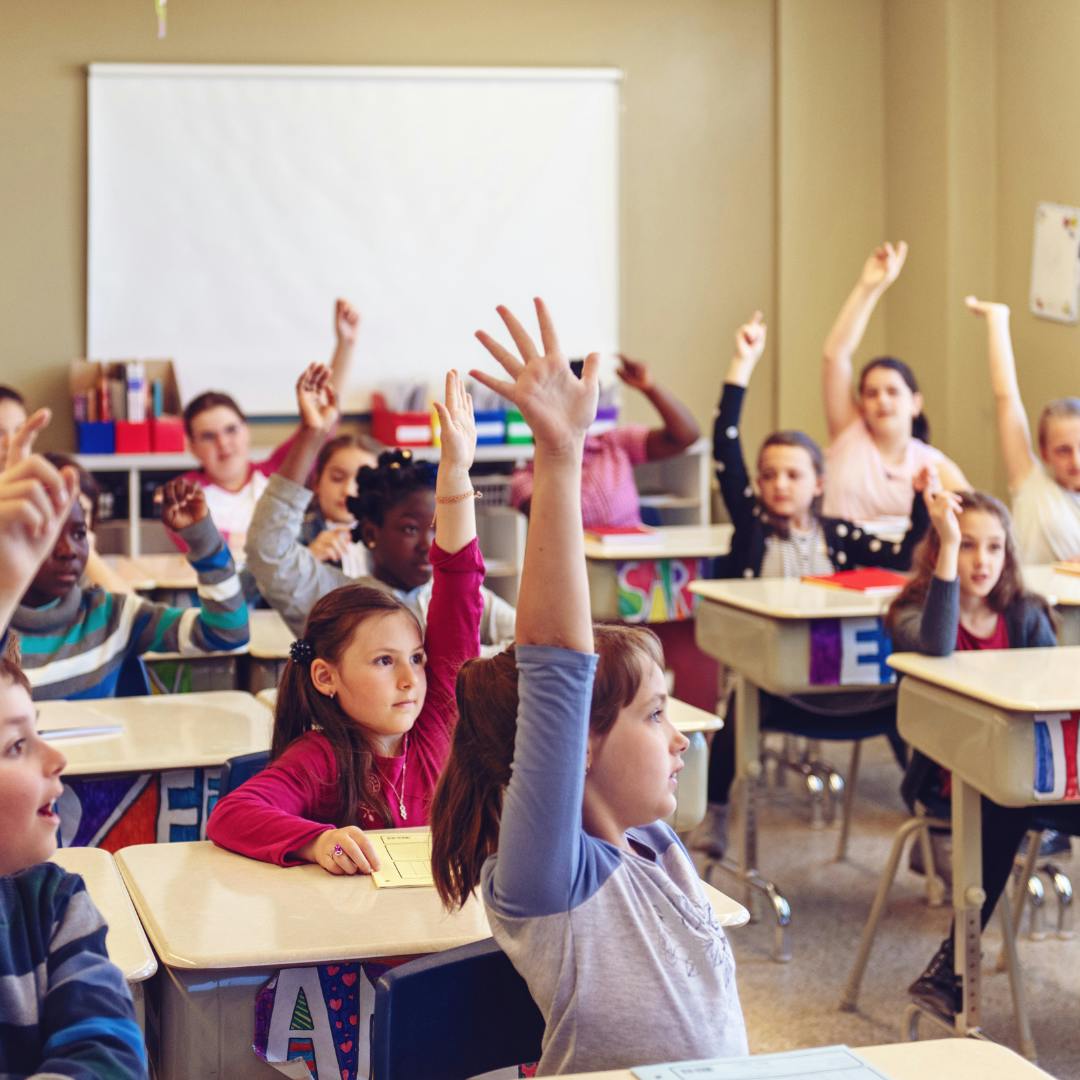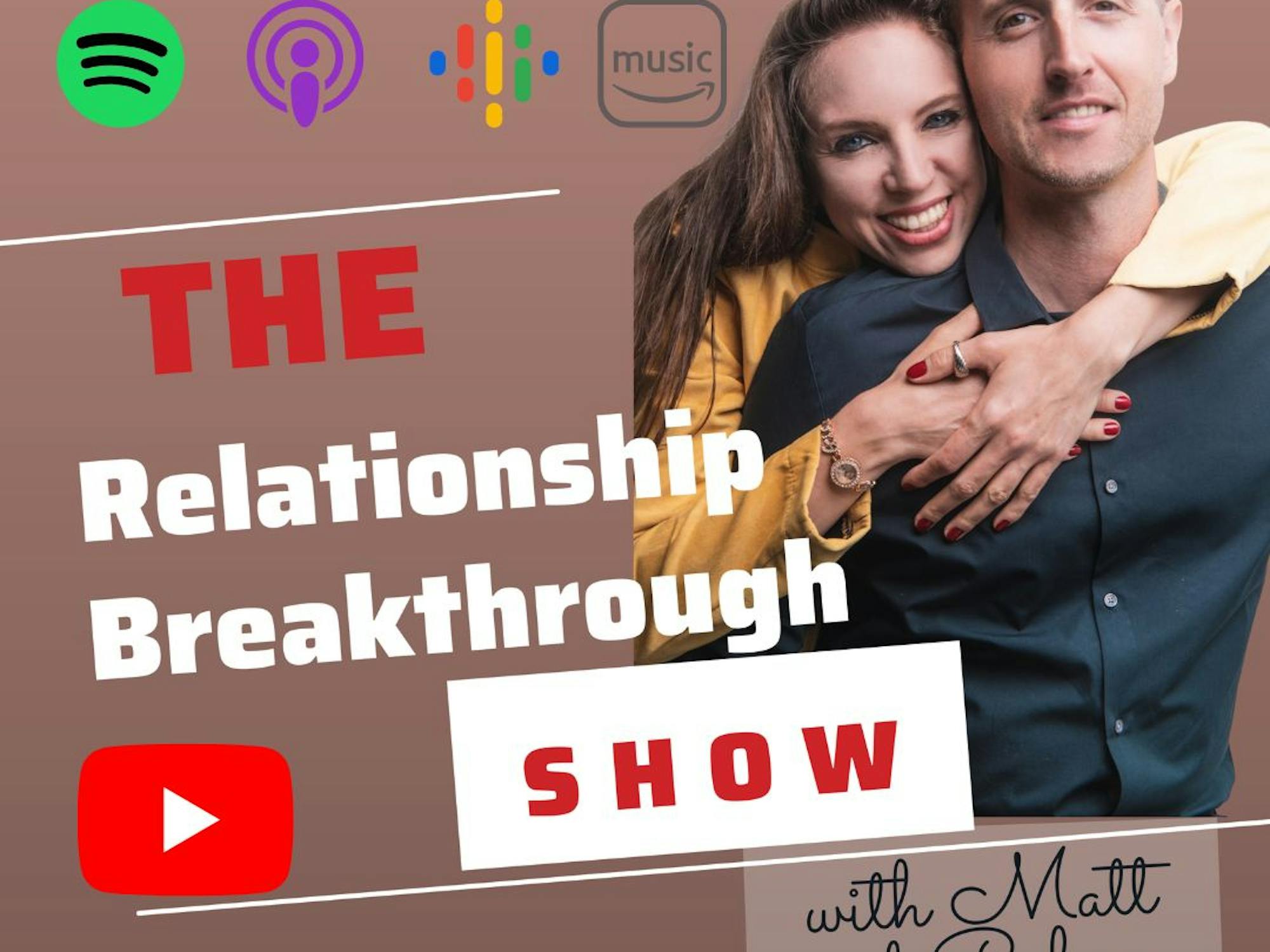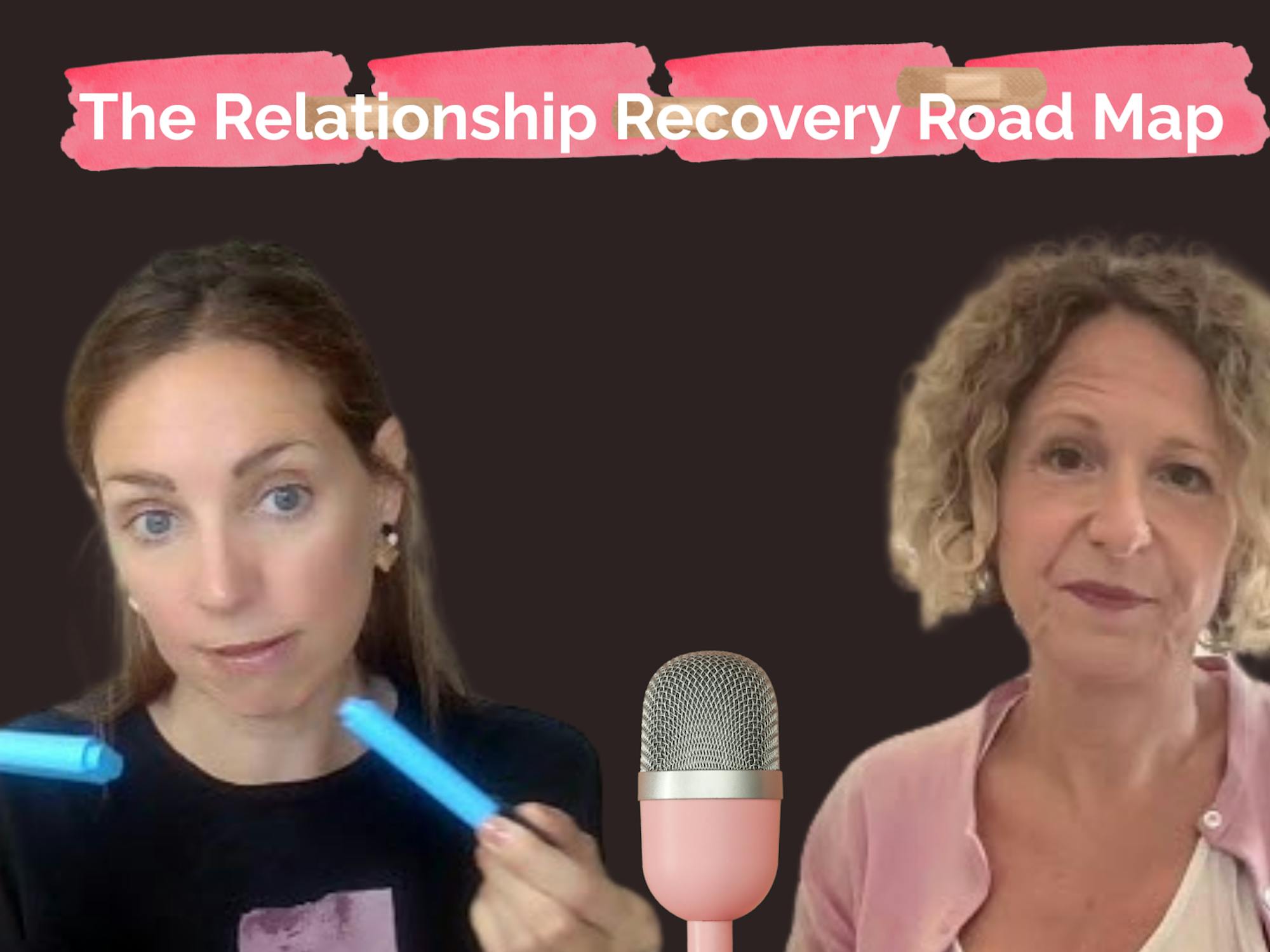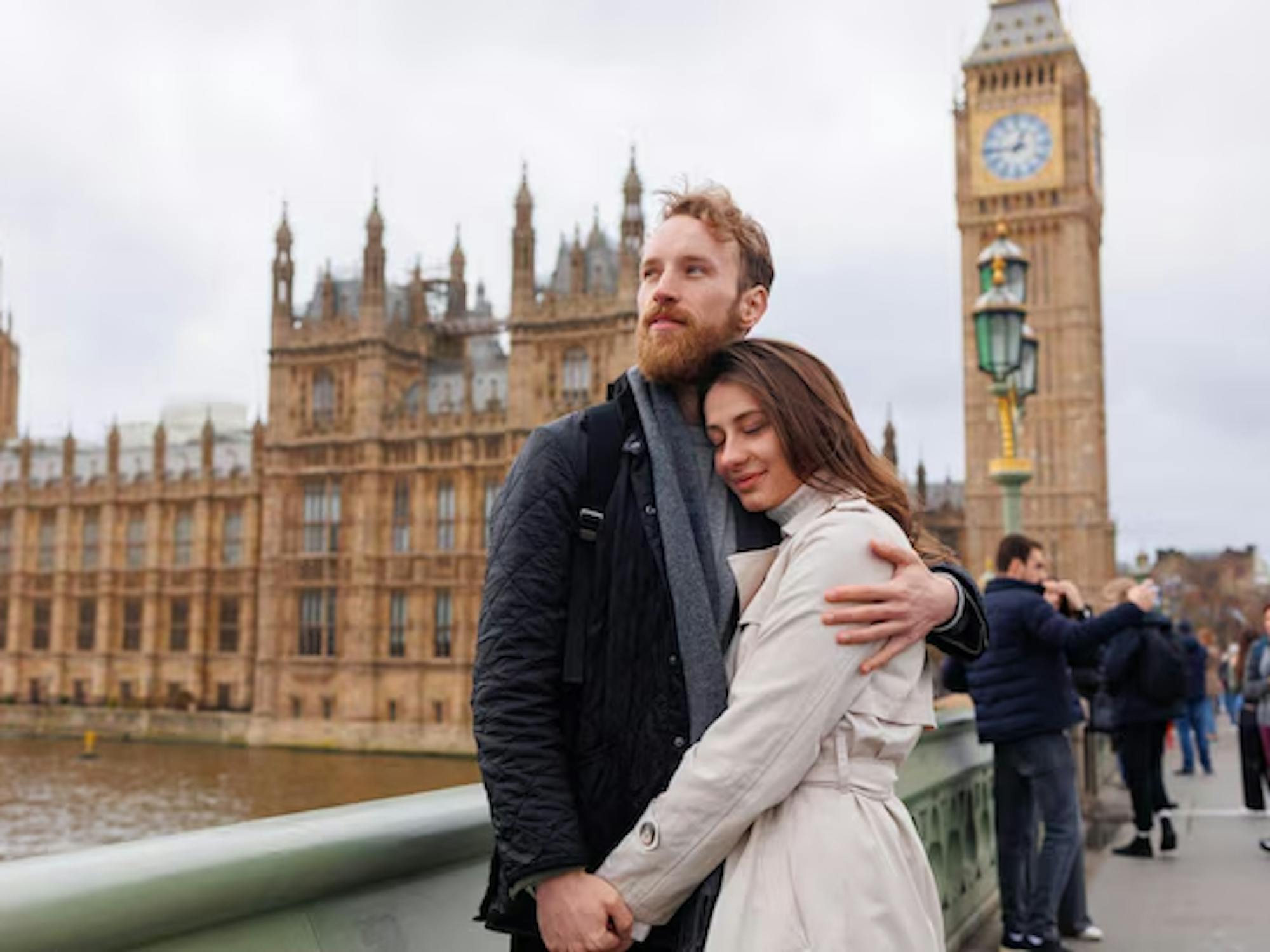Should children learn about relationships at school?
Many of us with children will have seen Rebeca Humphires name making its way around socials, this is because she is saying something many of us may have thought whilst navigating relationships growing up. Namely that children should be taught about relationships at school.

Relationships are complex and for many people take years of pain and mistakes to navigate in a way that works for the individual and their partner. Others never make that leap and just continue to perpetually struggle from one challenging relationship to another, stuck in an endless cycle of pain.
Having young people learn how they can be a good partner may help the future generation feel less afraid and more open to communication in their future relationships. We should be teaching children how to communicate effectively, how to set boundaries and what a healthy relationship can look like.
Countering ignorance based discrimination
Teaching children about all the different types of relationships can save young people from years of struggling to understand themselves and their sexuality. Educating them on how different healthy relationships can look will help young people avoid discriminatory behaviour and enforce a sense of normality into those groups who have been looked down upon in the past.
Supporting an attitude of respect for all
Educating young people in schools can also decrease sexual biases within the future generation. Helping young people understand what the other groups go through may help prevent life changing incidents such as sexual assault. Many young people grow up with a skewed view on consent, resulting in “cat calling” and pressurising both inside and outside of relationships. Something needs to change.
Educating children on respecting each others’ space and bodies may be the change we need to see. Many of our readers may remember the “its not all men but it is all women” trend which circulated on social media in 2021, this saying resulted in protests, groups and events being developed to educate everyone on assault and rape. These educational posts spread within groups of young girls and taught valuable lessons about staying safe, social media videos made by young women show the life altering impact that education awareness in this area can have on young people.
Preventing abuse and domestic violence
A lack of understanding around relationships can be extremely damaging both emotionally and physically. We see young and old people alike finding themselves in unsafe, manipulative and abusive relationships. The CSEW found that 2.4 million adults aged 16 years and over experienced domestic abuse whilst a similar study found that Women aged 16 -19 are more likely to be victims than women aged 25 years and over. These statistics show that young adults are more vulnerable to toxic dynamics within a relationship. Could education before the age of 16 help protect us?
We believe people should be made aware from a young age of the signs of abusive behaviour, which can often be very hard to spot when we don’t know what to look for. Remember that just because we feel uncomfortable with what our partner is doing doesn’t necessarily mean that they are breaching a boundary. If you feel you don’t know how to look out for signs, read our past blog and find out.
Beyond romantic relations
It’s not just within romantic relationships where this kind of education can have an impact. By teaching children effective communication, active listening, empathy, and conflict resolution skills, we empower them to express themselves confidently, understand the perspectives of others, and find constructive solutions to conflicts. These skills lay the foundation for positive interactions in all areas of life.
Lastly, children are still developing a sense of right and wrong. People often develop how they treat others in a relationship based on what they see in the home, mainly their parents. Educating children in schools may help prevent a cycle of bad behaviour within a family unit. This education may even help children understand that what is going on in their home may be abuse, with the right guidance a child may open up to a teacher or mentor and save a family member from an abusive relationship.
Overall, we believe educating children about relationships at school is an investment in their future and the well-being of society as a whole. By providing them with the tools to build healthy relationships, we empower them to foster meaningful connections, navigate challenges, and contribute positively to relationships of any kind.
If you are looking for some immediate feedback about your relationship, take our CLARITY scorecard where you can answer a few questions to receive tailored advice in just a few minutes.
- Children
- Education
- Relationships
- Therapy



